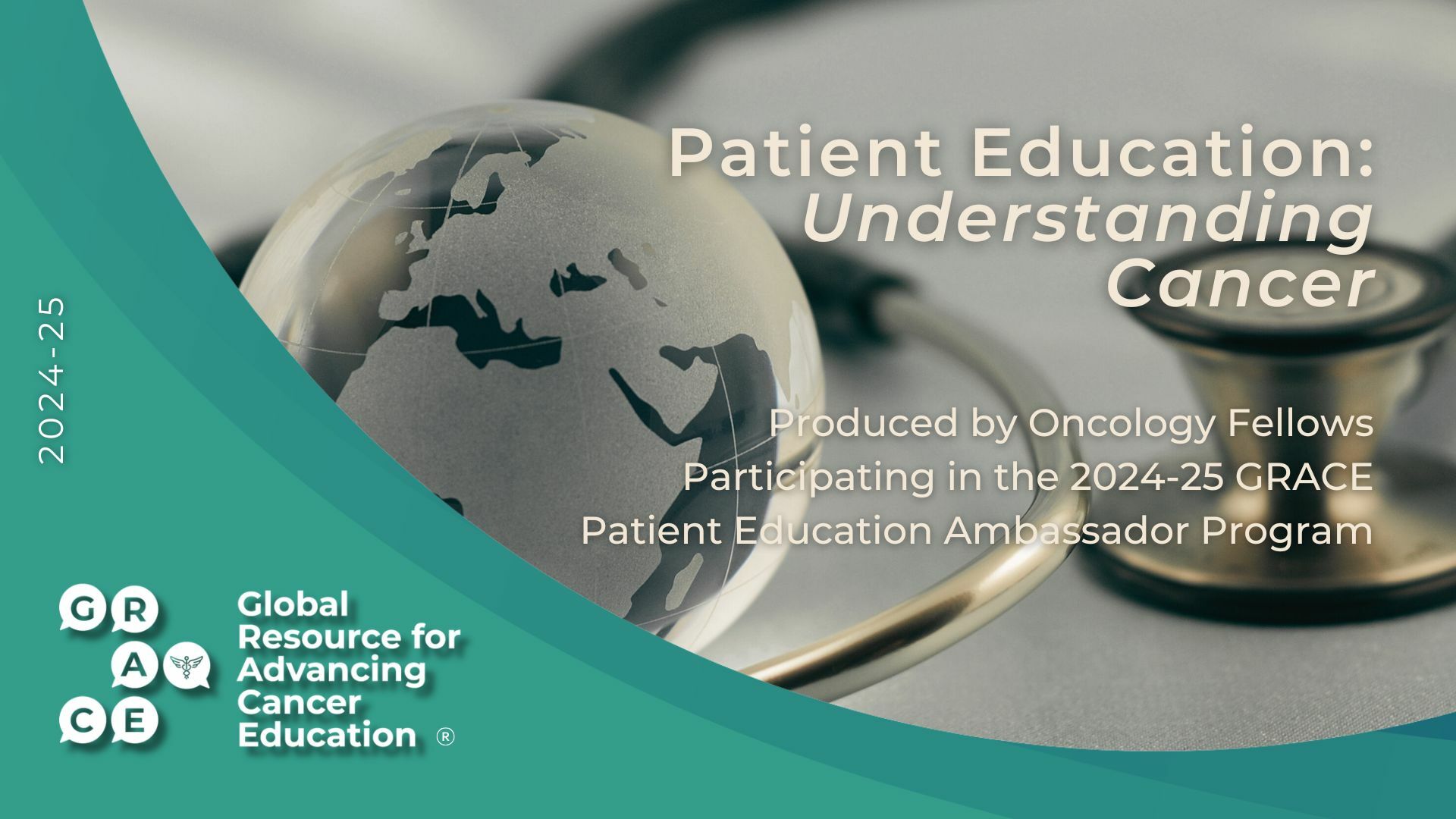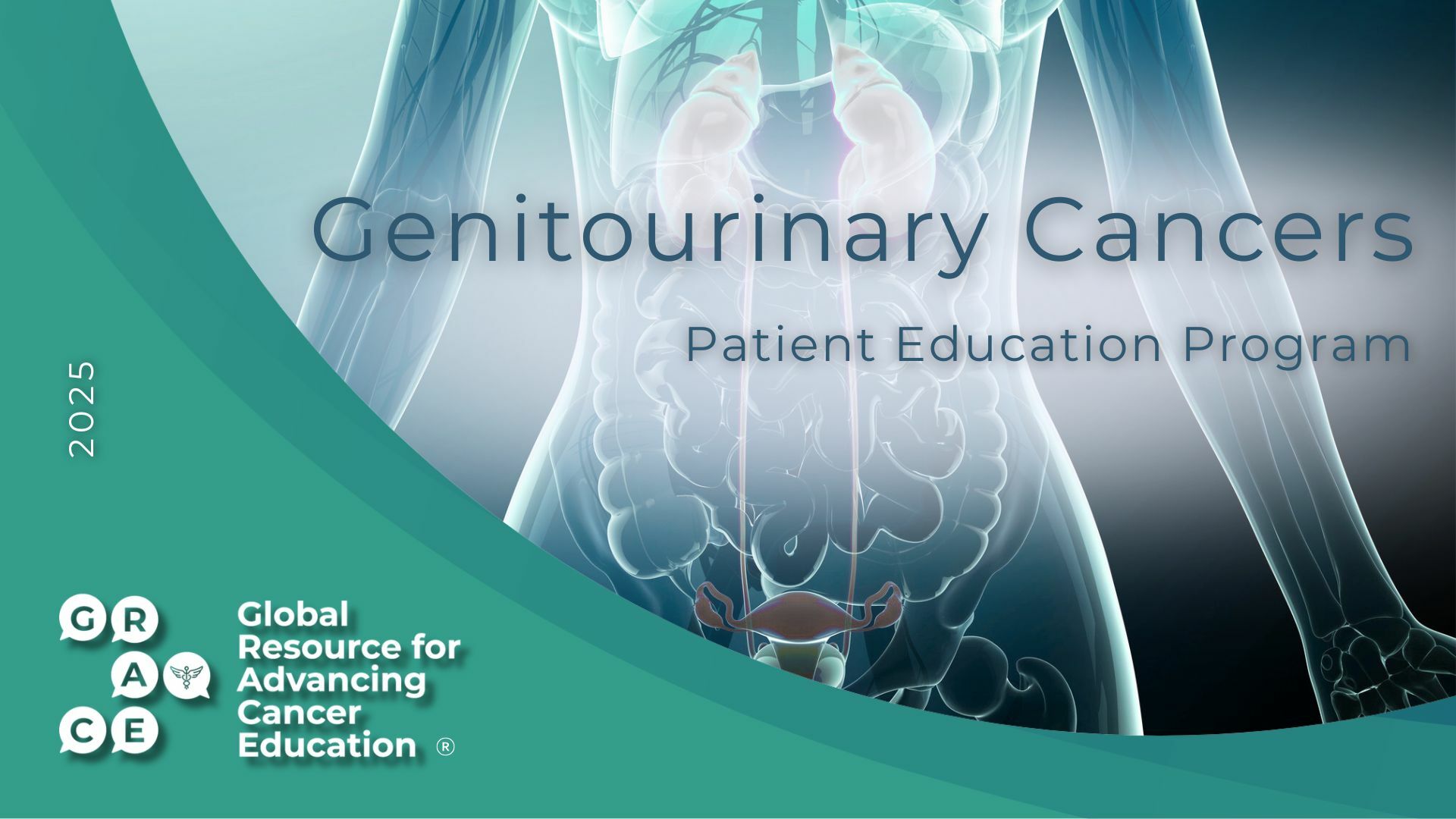Article and Video CATEGORIES
As a follow-up to my last post on the appeal of developing new regimens for combining with radiation in treatment of locally advanced unresectable NSCLC, I wanted to highlight work being done by the Cancer and Leukemia Group B (CALBG), one of the major cancer cooperative research groups in the US. As I mentioned previously, we've had difficulty developing widely accepted alternatives for the few chemo regimens commonly used in combination with concurrent radiation -- primarily cisplatin/etoposide or weekly carbo/taxol. Some experts feel that weekly carbo/taxol has a shortcoming in that it is given at a more frequent but lower dose than the "full dose" every three week regimen, and the lower dose may have very little activity against micrometastatic cancer cells traveling throughout the bloodstream. For that reason, it may be preferable to give full, "systemic dose" chemo at least at some point during treatment for locally advanced NSCLC, and giving it during radiation could allow you to treat a person for both local cancer in the chest(disease you can see and treat directly, with radiation, while chemo bolsters the radiation -- called chemosensitization) and distant disease outside of the radiation field. But there are relatively few chemo regimens that can be given safely at full "systemic" doses with radiation concurrently. The CALGB lung cancer committee has been working on a new regimen that incorporates a regimen of carboplatin and alimta one day every three weeks at full dose, with radiation, an approach that could potnetially be enthusiastically adopted in the lung cancer community as a newer and more convenient alternative if it looks as good or better than our older standards.
Now that there is evidence from early safety/feasibility studies that chest radiation can be given along with full dose alimta every three weeks along with carboplatin (abstract here) or cisplatin (abstracts here and here), CALGB developed a trial to test the activity and safety of carbo/alimta/RT followed by alimta "consolidation", or the same strategy with erbitux added throughout, both during the radiation and afterward, with the alimta consolidation (abstract here). The trial design is as shown here:
The trial enrolled 106 patients with unresectable, stage III NSCLC who were randomized to receive either the carbo/alimta regimen for four cycles, the first 3 concurrent with chest radiation, all followed by four cycles of consolidation alimta, or the same with erbitux added weekly throughout. Dr. Ramiswamy Govindan, one of my favorite people in the whole field of lung cancer, presented the early results from this trial at ASCO 2008, but just the safety/feasibility were available this year.
The results are summarized below, basically showing that both arms had challenging but acceptable side effects with this treatment plan:
As shown, the only clearly greater side effect was rash, which is similar to that seen with oral EGFR inhibitors like iressa and tarceva, but probably even a little worse. Both groups had challenging esophagitis, which we expect to always see with concurrent chemoradiation in the moderate to severe range about 20-25% of the time. It was unusual to see a lower rate of esophagitis in the arm that also received erbitux. I don't really believe that erbitux protects patients against more severe esophagitis, but rather that this was just a relatively small study in which the random events in a few patients can have a striking effect on how the numbers come out.
As indicated below the table, the whole combination was feasible, but the investigators admitted that the whole treatment plan overall was difficult, and they suggested that future development of this approach would be more feasible if they focused on doing a total of only about four cycles. As we've discussed, we really have evidence only for the first two cycles that are combined with radiation, and the benefits of everything after that are controversial.
CALGB is developing this work into their next large trial for the patient population with unresectable stage III NSCLC. I don't think there's a final plan yet, but I'd expect it will include carbo/alimta as a backbone and may also assess the contribution of erbitux.
There's also been some work with EGFR inhibitors like erbitux in the poor risk/frail patient population that needs treatment for locally advanced NSCLC. We'll turn to this work next.
Please feel free to offer comments and raise questions in our
discussion forums.






